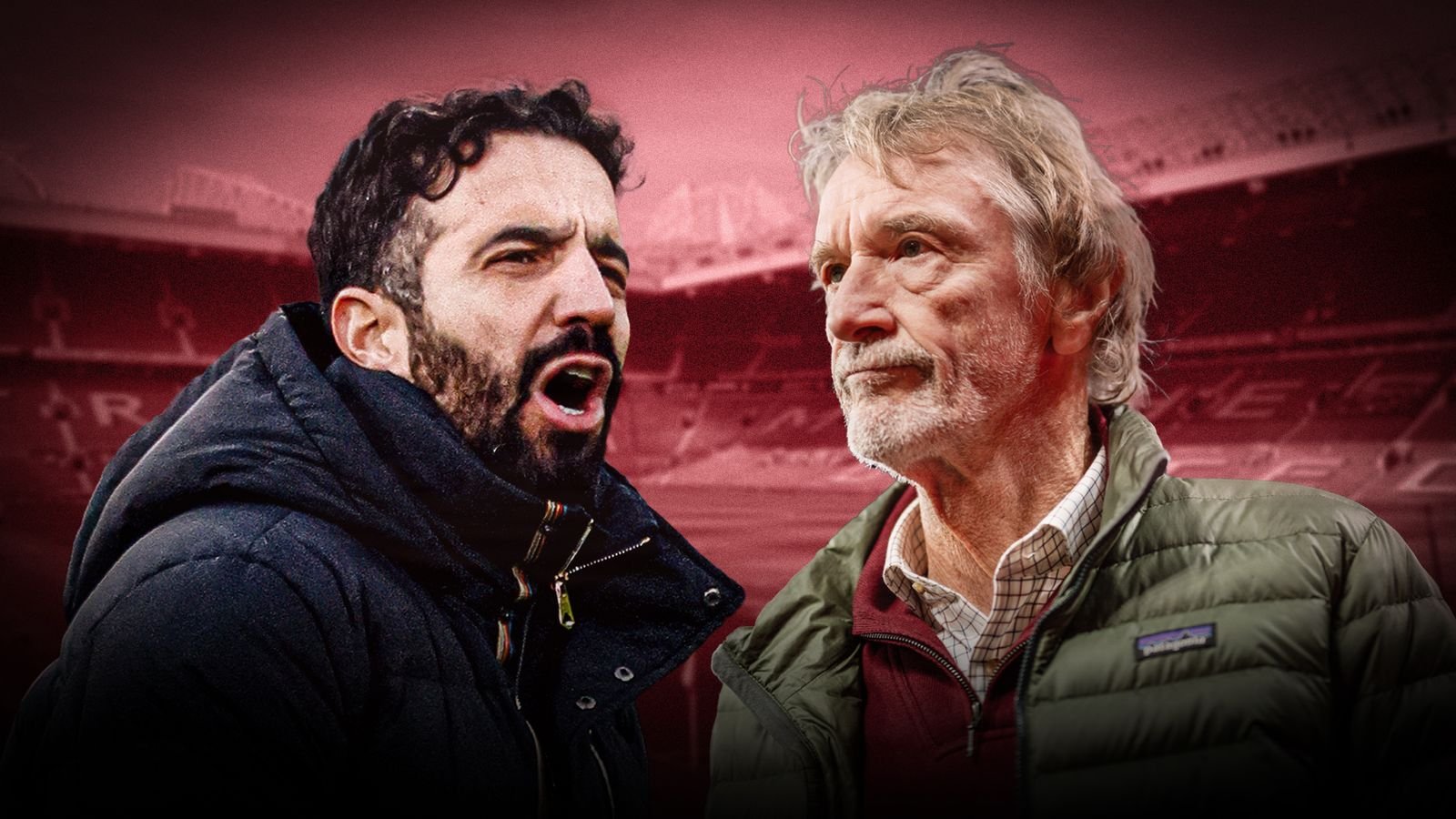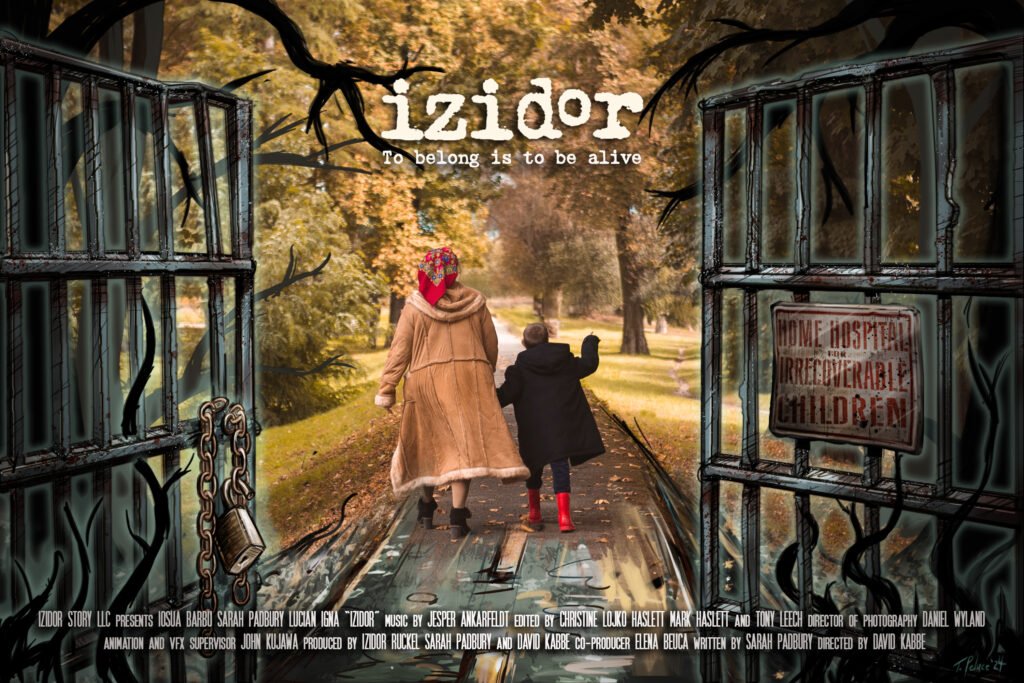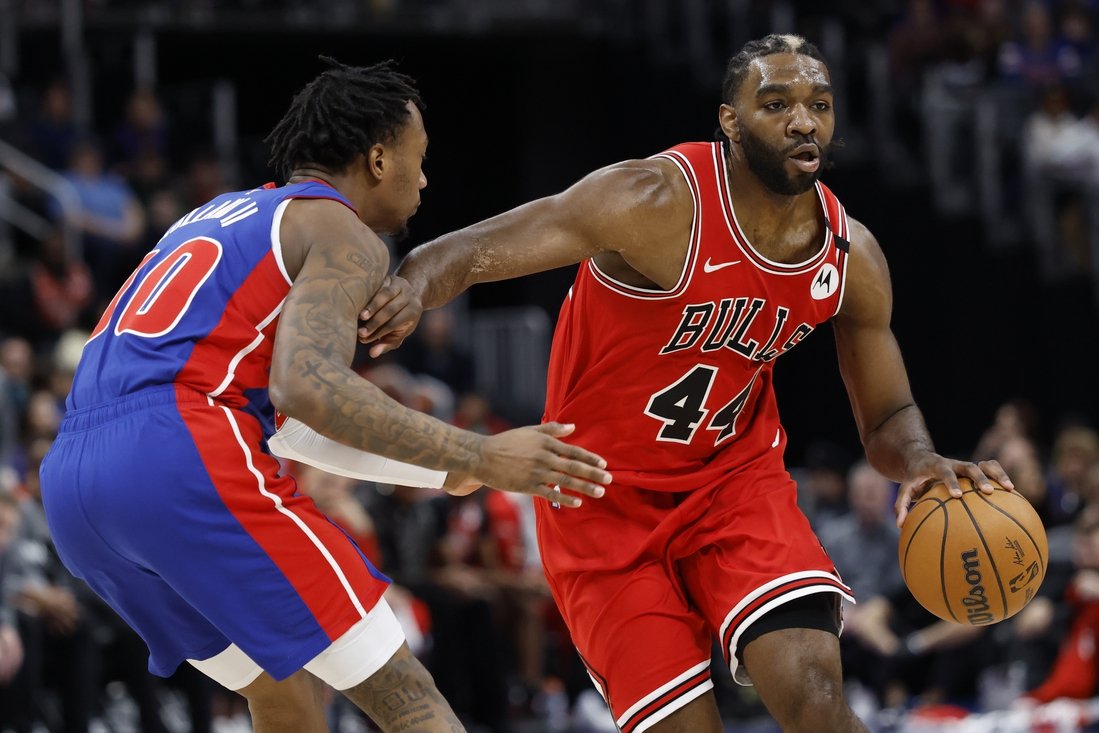Relief is a rare commodity at Manchester United – and the only crumb of comfort at present is a scan at the very bottom of the table to the inferior state of play of Wolves, Ipswich, Leicester and Southampton.
That in itself sums up the miserable situation of the oft-framed biggest club in the world, who have steered themselves into an almighty mess with supporters understandably questioning whether there is a solid strategy to move away from it.
United are 15th and have scored just 28 goals in 25 league games. There is no shock and no horror; the team being this bad has become rinse and repeat.
The anomalies are a victory over Manchester City, a draw against leaders Liverpool at Anfield, and knocking Arsenal out of the FA Cup on penalties.
Ruben Amorim, with just four wins in 14 top-flight matches, knew he was arriving into unfavourable conditions in November, but the enormity of the challenge was only apparent with the head coach already in situ.
United’s tally of 29 points from 25 matches this term is their lowest at this stage of a Premier League season. Amorim’s 43 per cent win rate in his 21 matches in charge is the worst of any United manager post-Sir Alex Ferguson in their opening 21 games.
And if United maintain their current rate of 1.12 league goals per game, they would end the campaign with 44 goals, 13 fewer than their lowest-ever Premier League season tally.
Amorim’s great desire was to only depart Sporting for United at the end of the current campaign, allowing himself a full pre-season to impart his ideas, plus the summer window for crucial recruitment work.
The directive from Omar Berrada, United’s CEO, was now or never. Amorim, put in an impossible position, took on the impossible job which has made for horribly impossible viewing.
No one could have predicted the team would have looked this bad under a change of direction following Erik ten Hag’s sacking, but one man no longer at the club warned against mass disruption.
Dan Ashworth, who cost United £3m to hire from Newcastle, was described as “a 10/10 sporting director” by Sir Jim Ratcliffe and then sacked after five months to the tune of £4.1m, wanted a data-driven approach to replacing Ten Hag.
United’s squad had already needed to adjust to a new backroom team behind Ten Hag this season, and Ashworth thought it best to minimise upheaval, especially given the club’s precarious financial position.
Liverpool’s choice of the understated Arne Slot to replace Jurgen Klopp – a stylistic fit allowing for on-pitch continuity through all the age groups as well as recruitment – was used as an example.
The league leaders liked Amorim and his aura, he had made their shortlist, but his commitment to three at the back and his general philosophy had jarred with the squad and the direction the club had taken.
Slot was less hyped yet more of a sure thing. Liverpool ignored the noise and made what they believed was the best football decision.
At United, Thomas Frank was appreciated by Ashworth and others due to his tactical flexibility, personality, and communication skills.
There was wide support for Ruud van Nistelrooy, who had carried himself with distinction and the players responded very well to, to take interim control until the end of the season – with a permanent choice named.
That would have given United the time and space to plan for the future, with the dressing room – a squad heavily shaped for Ten Hag – able to continue processes and improve in theory. Naming the new man in the dugout would have also prevented sentimental calls for Van Nistelrooy to be given the job.
Ratcliffe, Berrada and other senior executives wanted United to be chest out and bold. They did not want to wait for progress nor get usurped to their prime target – especially with several clubs having him on their succession planning list.
There was a desperation for charisma, and the strong belief was that Amorim could be a tactician to define the next generation.
The 40-year-old would have preferred the more eased-in entry but anyone aiming to dismiss his credentials on the basis of how things have gone at United are being disingenuous. He is a symptom, so far away from being the root issue.
The real problem for Amorim is what comes next.
How can he convince the group of his way without getting results? How can he get results without fit players – let alone ones capable of performing in a 3-4-2-1? How much worse will it get before the end of the season? Where are the goals meant to come from? How are United going to afford the elite forward they need in the summer and properly start to transform the squad in Amorim’s image given their tight PSR (Profit and Sustainability Rules) constraints? What happens if he oversees a poor start to next season? Will he even last that long?
Amorim has flagged on a number of occasions that he is not immune from the reality of being at the helm. “If we don’t win, regardless if they paid the buyout [clause] or not, every manager is in danger.”
It is inconceivable, even with Ratcliffe’s penchant for making a quick decision as seen with Ashworth, that United will not be patient with Amorim. They brought him in for his way of playing, his beliefs, his communication style and his high ceiling.
It is on the operational structure to help him ensure the short-term pain can be switched to long-term gain and they have assisted in two ways: signing a wing-back in January – which was the priority – and backing his stance on Marcus Rashford, having themselves failed in previous attempts to get the forward to knuckle down.
However, there remains a mountain of work to do and thick scepticism over whether the right decisions will be made by those tasked with doing so.
The mistakes so far under INEOS’ charge have been to enormous cost, amid a backdrop of mass job cuts and ticket-price hikes.
They will argue it was only natural to make errors as part of taking over the failing football operations of the club, but there has been staggering waste in a short space of time.
The major mis-step was sticking with Ten Hag in the summer and handing the Dutchman a contract extension after undermining him by actively engaging managers around Europe, then arming him with over £200m worth of new players only to sack him and his coaching staff at a fee of £10.4m three months into the season.
The Ashworth exercise saw around £7m spent to have him in the job for five months, having heavily and aggressively pursued him for longer than that.
Amorim and his backroom team were hired at £11m for a group wholly unsuited to their football fundamentals, requiring the kind of rebuild United cannot afford.
It is no wonder the Portuguese uses language such as “we have to survive to have time”.
It has not made for pretty reading and viewing for United this season and even the glimmers of hope – the FA Cup and Europa League – lost a large semblance of shine following Amad’s absence.
There is little faith the club can climb away from a campaign of record lows.
The turmoil on the pitch is mirrored by the trouble in the books, where the total net interest cost incurred since the Glazer family’s leveraged buyout now exceeds £1bn.
The Manchester United Supporters Trust has criticised “a problem that starts with our crippling debt interest payments and is exacerbated by a decade or more of mismanagement”.
Fans feel they are being let down on and off the pitch and are having to pay for the mistakes, while more staff redundancies could be on the cards at the club.
Amorim, to his credit, has not shied away from these tough topics despite it not being his remit.
“People are losing their jobs. So we have to acknowledge that. And the biggest problem is the football team because we spend the money, we are not winning, we are not in the Champions League, so the revenues are not the same, and we spend a lot of money in the past, and now we have to be careful with the finances.
“We cannot rebuild the team the way we would like, people are losing their jobs. Of course, people have that feeling of saving their job, it is hard to have that feeling, and affects the environment. So I think we we cannot ignore.
“We acknowledge that problem and I want to say that the responsibility is the first thing. The first thing yes. And we have to change that.”
Amorim says the way to alter the situation is by winning, but United do not do that much anymore.
















